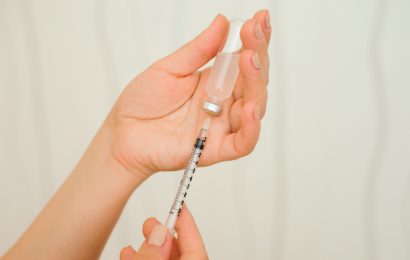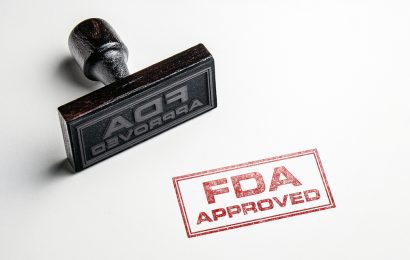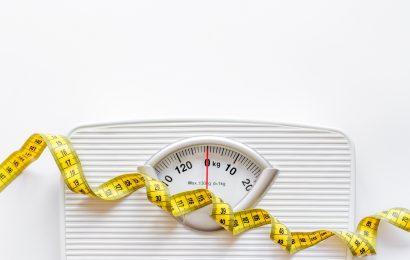Syringe Recall
Qualitest Pharmaceuticals has voluntarily issued a nationwide recall of Accusure Insulin Syringes due to the possibility of the needles detaching from the syringes. Were such detachment to occur while a syringe was being used, it could cause the needle to become stuck in an insulin vial, to push back into the barrel, or to remain in the skin after an injection.
Affected syringes include the Accusure Insulin Syringe, 1/2 cc, 31 G, Short Needle, with lot number 6JCB1 and the Accusure Insulin Syringe, 1 cc, 31 G, Short Needle with lot number 7CPT1. (Lot numbers are located on the white paper backing of each syringe.) People with syringes from the affected lots are advised to stop using them and to contact Qualitest at (800) 444-4011 for information on replacing the product. To learn more, see the press release on the Web site of the Food and Drug Administration.
Benefits of a Mediterranean Diet
In other news, new research out of Italy indicates that following a low-carbohydrate, Mediterranean-style diet, as opposed to a low-fat diet, may help people newly diagnosed with Type 2 diabetes postpone their need for diabetes drugs.
Basic features of the Mediterranean diet include an emphasis on fruits, vegetables, fish, whole grains, and healthful fats such as olive oil, the consumption of small amounts of nuts and moderate amounts of red wine, and a very low intake of red meat.
To compare the effectiveness of this type of diet to that of a low-fat diet in delaying the need for diabetes medicines, researchers from the Second University of Naples looked at 215 overweight people seen in a Naples hospital who had recently been diagnosed with Type 2 diabetes. Participants, who had an average age of 52 years and an HbA1c level (an indicator of blood glucose control over the previous 2–3 months) of less than 11%, were randomly assigned to a group that was taught to prepare meals from either a Mediterranean diet or a low-fat diet over the course of four years. At least 30% of the calories in the Mediterranean diet came from fat sources — largely olive oil — while less than 30% of calories in the low-fat diet came from fat sources.
While people in both groups lost weight and had reductions in HbA1c levels, the greatest reductions were seen in the group following the Mediterranean-style diet. In fact, this type of diet postponed the need for diabetes drugs and blood pressure drugs, and it consistently resulted in greater increases in HDL (“good”) cholesterol and lower levels of triglycerides (a type of blood fat).
For more information about the research, read “Mediterranean diet might delay need for drugs in diabetes” on WebMD’s Heartwire or see the study’s abstract in the Annals of Internal Medicine. To learn more about the Mediterranean diet, check out “Popular Diets of the World: The Mediterranean Diet” on WebMD.




